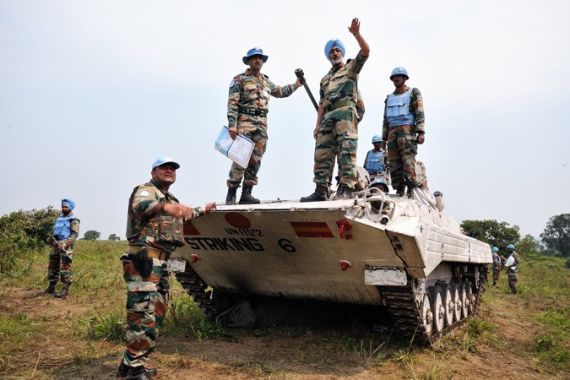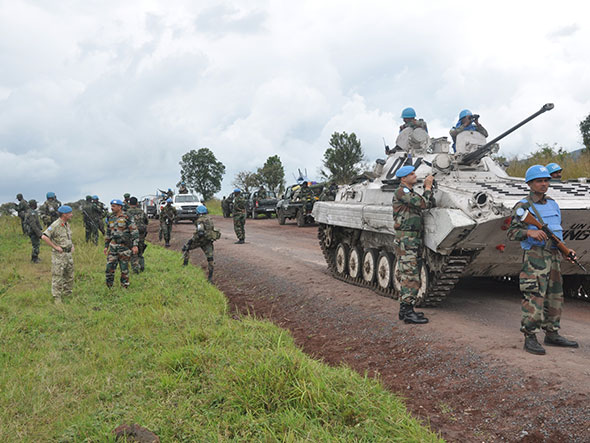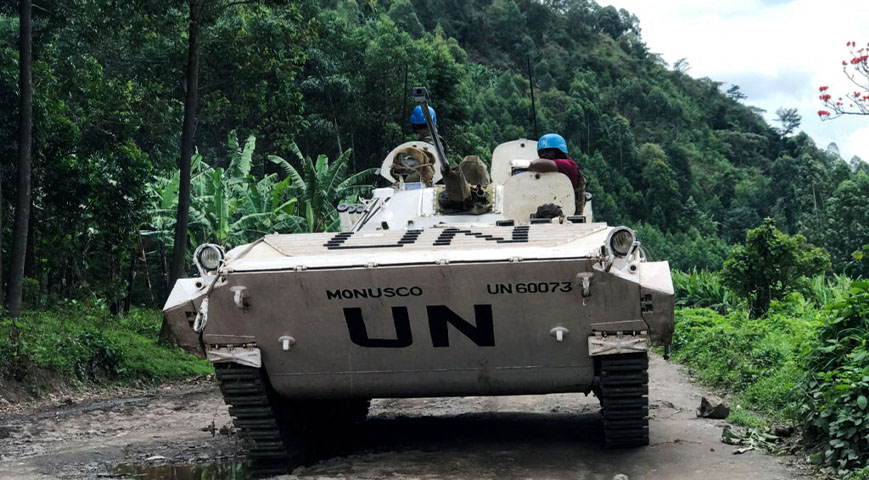Rebels in the eastern Democratic Republic of Congo have solidified control over the Rubaya coltan-mining region, levying a production tax that generates approximately $300,000 monthly revenue.
The M23 movement, a Tutsi-led group allegedly supported by Rwanda, took control of the area—known for producing minerals critical for smartphones and computers—after fierce fighting in April.

The minerals from Rubaya are precious, as they contribute to over 15% of the global supply of tantalum, a key material used in various electronics.
Congo is the world’s leading tantalum producer, a mineral the United States and the European Union deemed essential.
Did you read this?
Bintou Keita, head of the U.N. mission in Congo, informed the Security Council that the armed group’s control of this mining area is a significant cause for concern, as it bolsters the group financially.
She noted that illicit trade in Congo's natural resources is fueling armed factions, exacerbating the exploitation of civilians—some of whom are forced into near-slavery conditions—and undermining efforts for peace.

Most of Congo’s mineral wealth is located in the eastern region, which has long been plagued by conflicts over land and resources involving various armed factions.
The situation has worsened since the resurgence of the M23 rebellion in March 2022, leading to the deaths of thousands and the displacement of over 1 million people.
Manufacturers worldwide are under increasing scrutiny to ensure that metals used in products like smartphones, laptops, and electric vehicle batteries are not sourced from conflict-affected zones such as eastern Congo.

Keita further indicated that rising mining profits have turned some of these armed groups into militarized business entities, making them both financially and militarily stronger.
She stressed that without international sanctions on those profiting from the illegal mineral trade, peace will remain out of reach, and civilians will continue to endure the consequences of the ongoing conflict.









